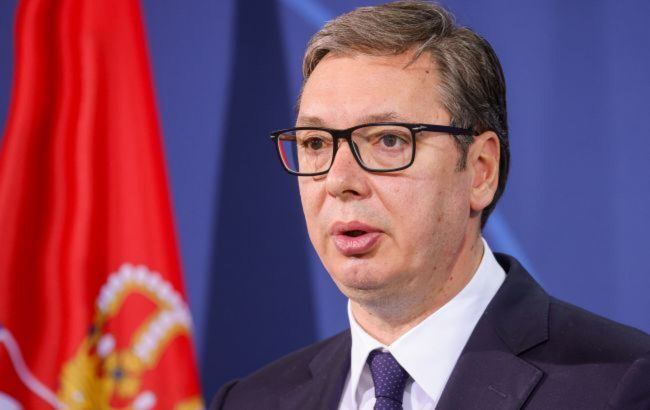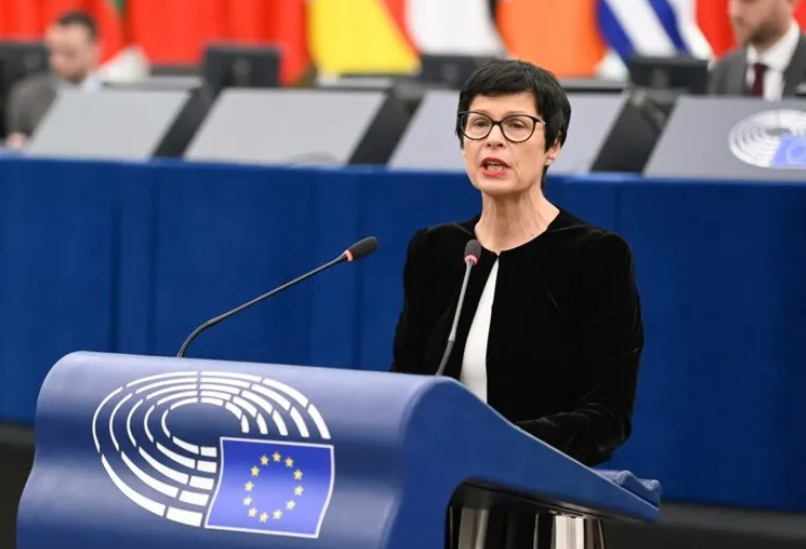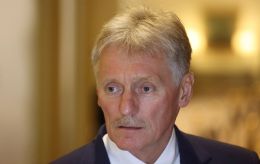Vucic can't sit on two chairs: EU forces Serbia to choose side
 Photo: Serbian President Aleksandar Vučić (Getty Images)
Photo: Serbian President Aleksandar Vučić (Getty Images)
The European Parliament has adopted a resolution putting Serbia before a clear choice: either align with EU sanctions against Russia or risk losing its prospects of joining the European Union, according to the official website of the European Parliament.
On October 22, the European Parliament adopted a resolution questioning Serbia’s prospects for joining the European Union. The document sharply criticizes the state of democracy in the country and urges Belgrade to align its foreign policy with that of the EU.
The resolution states that Serbia’s European integration will only remain possible if several key conditions are met: adherence to democratic principles and the rule of law, respect for fundamental human rights, and full alignment with the EU’s Common Foreign and Security Policy, including the imposition of sanctions against Russia.
Lawmakers stressed that the current stance of Serbian authorities, attempting to balance between Moscow and Brussels, is incompatible with a genuine European course.
"European integration requires not only economic cooperation but also political solidarity on issues of international security," the explanatory note emphasizes.
The resolution passed with 457 votes in favor, 103 against, and 72 abstentions.
Thus, the European Parliament called on Aleksandar Vučić’s government to make a clear geopolitical choice: either continue cooperating with the EU and implementing democratic reforms, or maintain ties with Russia, which would effectively block Serbia’s path to EU membership.
In addition, the document condemns the deterioration of democracy and the excessive use of force against protesters following recent events in Novi Sad.
"In the past, Serbian police respected freedom of protest and assembly, but recently we have witnessed violence against students, demonstrators, and journalists, as well as disproportionate use of force," said EU Commissioner for Enlargement Marta Kos during the session.

Novi Sad incidents
Student and civil protests in Novi Sad have continued intermittently since the collapse of a railway station canopy on November 1, 2024, which killed 15 people.
Demonstrators demanding early elections and the resignation of President Aleksandar Vučić have repeatedly reported the use of tear gas, handcuffs, batons, and shields by police.
On September 5, 2025, police used tear gas and stun grenades on the grounds of the university campus.
Human rights organizations, including the Balkan Civil Society Development Network (BCSDN), documented that on August 13, 2025, during protests in several cities, including Novi Sad, police used excessive force, including beating civilians, deploying special units, and carrying out arbitrary detentions.
Most recently, a Serbian court arrested 13 people suspected of involvement in the railway station canopy collapse in Novi Sad, among them, two former ministers.

